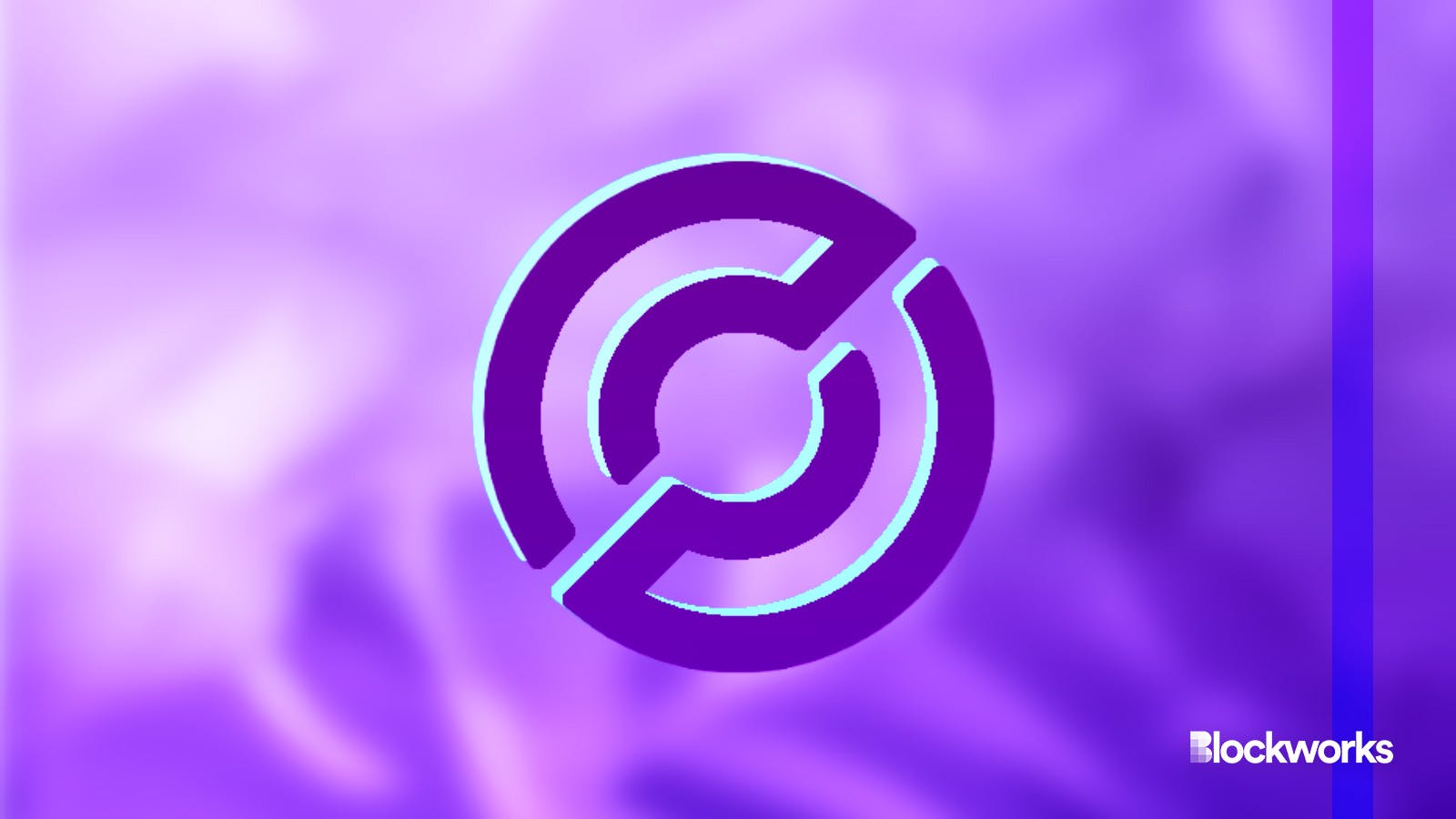Circle cites compliance as it discontinues USDC on Tron
Customers will have the option to transfer USDC from Tron to other networks or redeem their stablecoins for fiat currency

Circle and Adobe Stock modified by Blockworks
Peer-to-peer payments company Circle will discontinue its support for stablecoin USDC on Justin Sun’s Tron network.
USDC is the second-largest stablecoin by market capitalization, with a total circulating amount of a little under $26.9 billion, according to information available on DeFiLlama.
Circle’s decision to discontinue USDC on the TRON network was the result of an enterprise-wide approach that involved its business organization, compliance and other functions at the company, a Circle spokesperson told Blockworks.
“This action aligns with our efforts to ensure that USDC remains trusted, transparent and safe — characteristics that make it the leading regulated digital dollar on the internet,” the Circle spokesperson said.
Read more: Circle moves native USDC offering to Cosmos mainnet
Customers of Circle Mint will have the option to transfer their USDC tokens from TRON to other networks or directly redeem USDC on TRON for fiat currency. Other retail users who hold USDC can transfer their tokens through exchanges or on/off-ramp services.
When reached for comment, a Tron spokesperson did not directly address Circle’s discontinuation of support.
“We respect the decision of the countless developers who chose TRON to create world-class products and services,” the spokesperson said.
USDT remains the most dominant stablecoin on the TRON network today, making up over 96% of the network’s total stablecoin market cap. The price of the network’s native toke, TRX, has remained relatively stable following the news, currently trading at $0.139, according to CoinGecko.
TRON’s founder, Justin Sun, has previously been charged by the US Securities and Exchange Commission for the unregistered offer and sale of crypto securities Tronix (TRX) and BitTorrent (BTT). Additional charges were also handed to the founder for market manipulation through wash-trading.
Circle, in November, strongly refuted allegations of banking Justin Sun or financing Hamas, as outlined in a letter to US Senators Elizabeth Warren, D-Mass., and Sherrod Brown, D-OH. The company clarified it had severed all ties with Sun and his entities by February 2023 and challenged claims of the company’s involvement in illicit financial activities, emphasizing its commitment to legal compliance and transparency.
Get the news in your inbox. Explore Blockworks newsletters:
- The Breakdown: Decoding crypto and the markets. Daily.
- 0xResearch: Alpha in your inbox. Think like an analyst.






